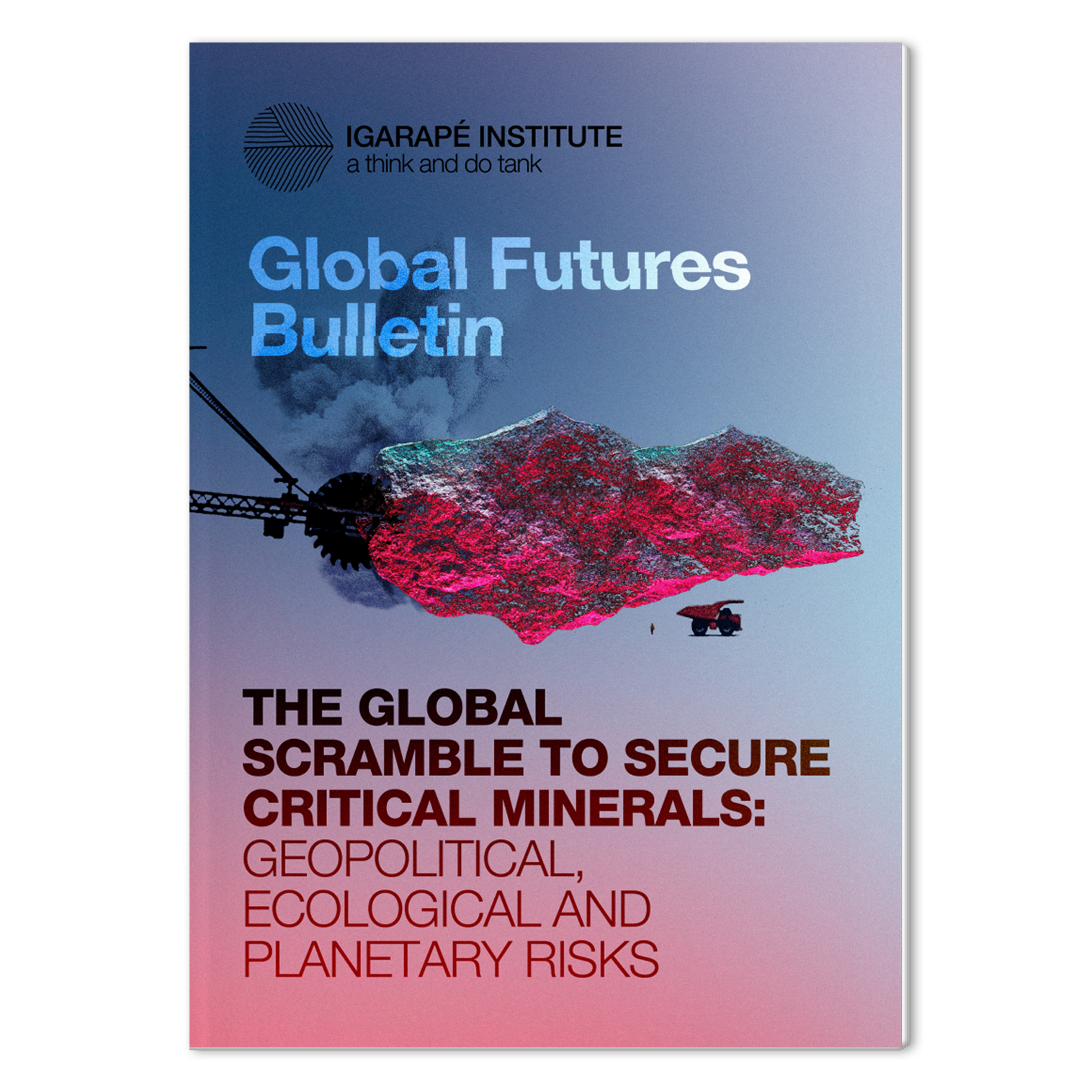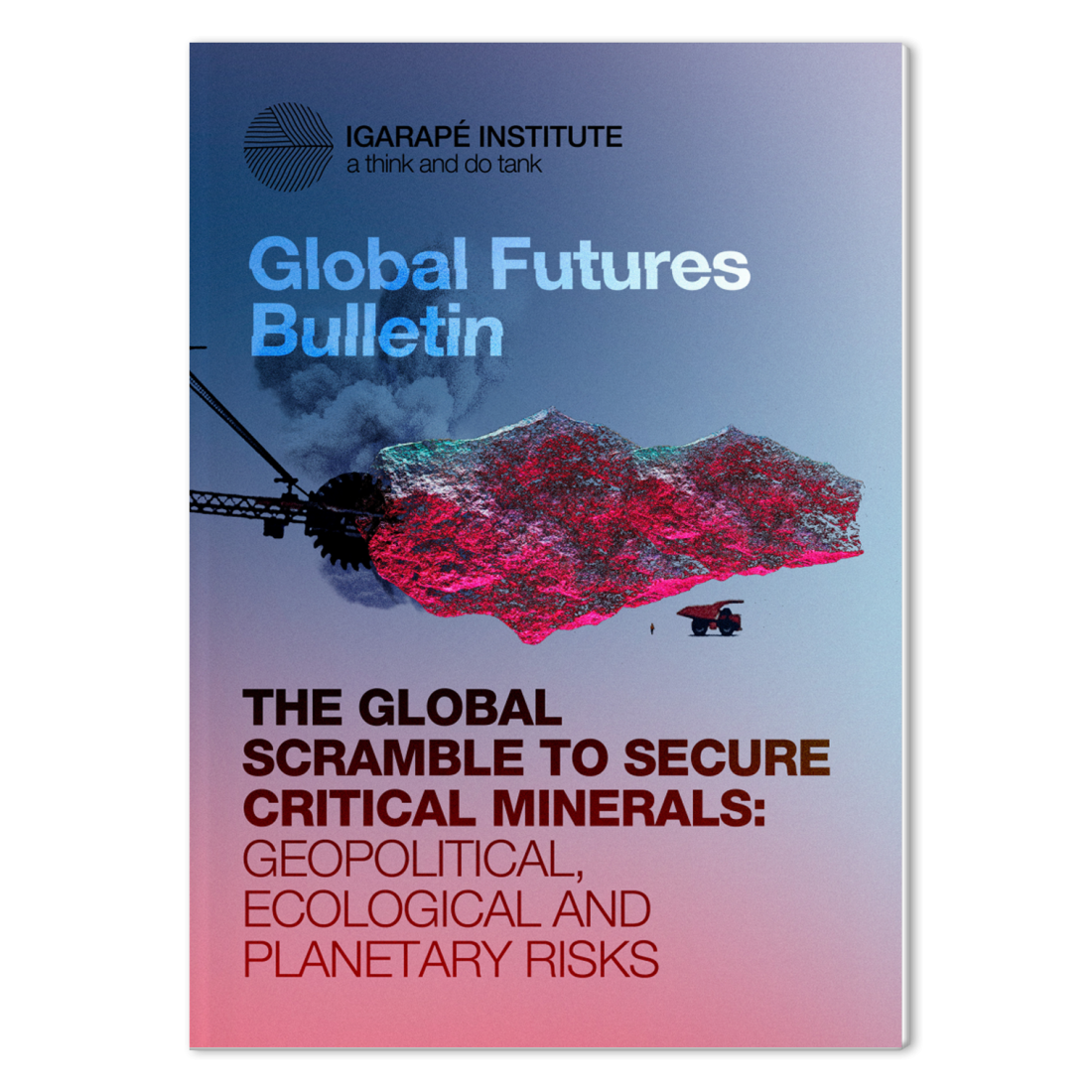Global Futures Bulletin: The scramble to secure critical minerals could exacerbate geopolitical, ecological, and planetary instability

The global energy transition is putting into motion a rapid shift from fossil fuel dependency to mineral extraction. This shift is fueling exponential growth in demand for critical minerals, the backbone of clean energy, and a vast range of advanced digital technologies. As a result, many new mining projects will need to be developed over the next decade to prevent supply bottlenecks.
This study, written by Olivia Lazard, director of Peace in Design Consulting and fellow at the University of Exeter and Carnegie Europe, explores the dominance of a small number of countries in the processing and application of critical minerals.
It also highlights that a significant portion of the supply is located in countries of the Global South, many of which are fragile and conflict-affected settings. These same areas are also highly susceptible to climate vulnerabilities, and the race to secure critical minerals is occurring alongside escalating geopolitical tensions.
The implications of this struggle are civilizational, planetary, and existential. Decisions about where and how mining operations are established will shape the future trajectories of climate and ecological change. Who mines these minerals will likewise influence the global economic and technological balance of power, particularly as the fourth industrial revolution gains momentum.
Moreover, the methods employed in mining critical minerals will have a profound impact on global stability, equity, and justice. Taking the pulse of the energy transition and the stakes involved requires a deeper examination of critical mineral dynamics, particularly in the Global South.
Read the publication



